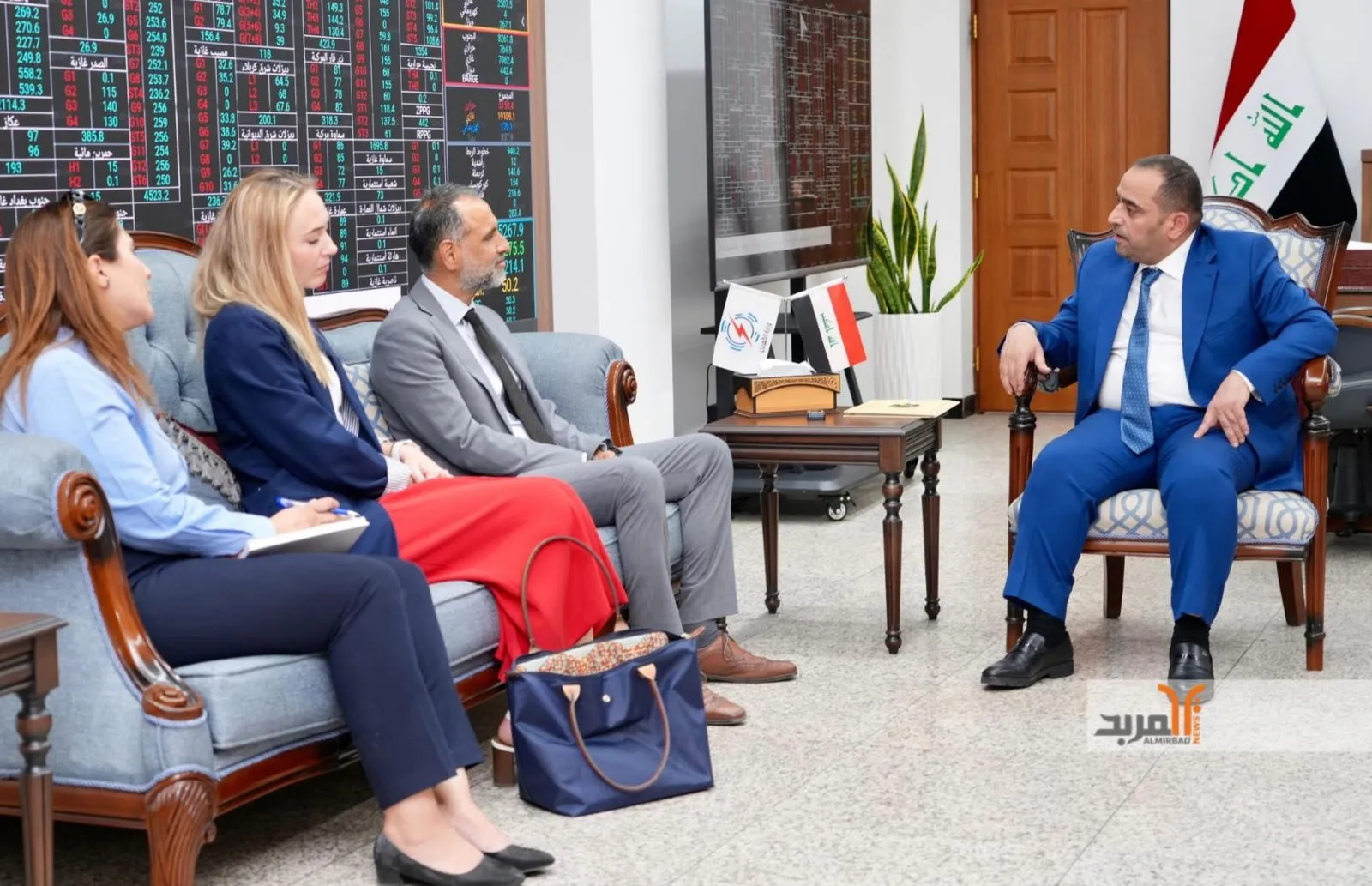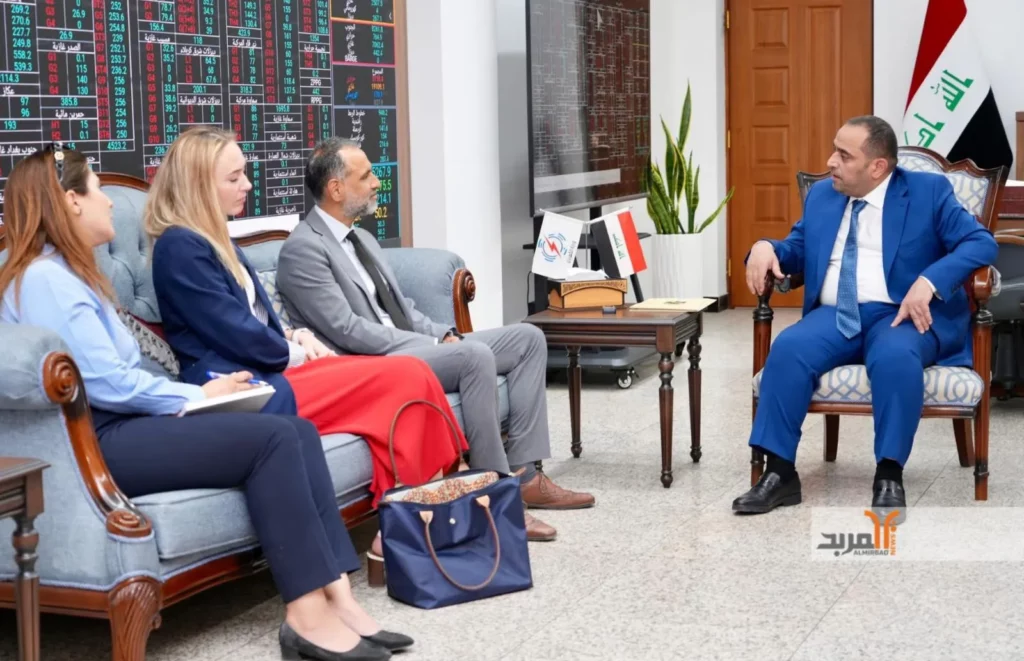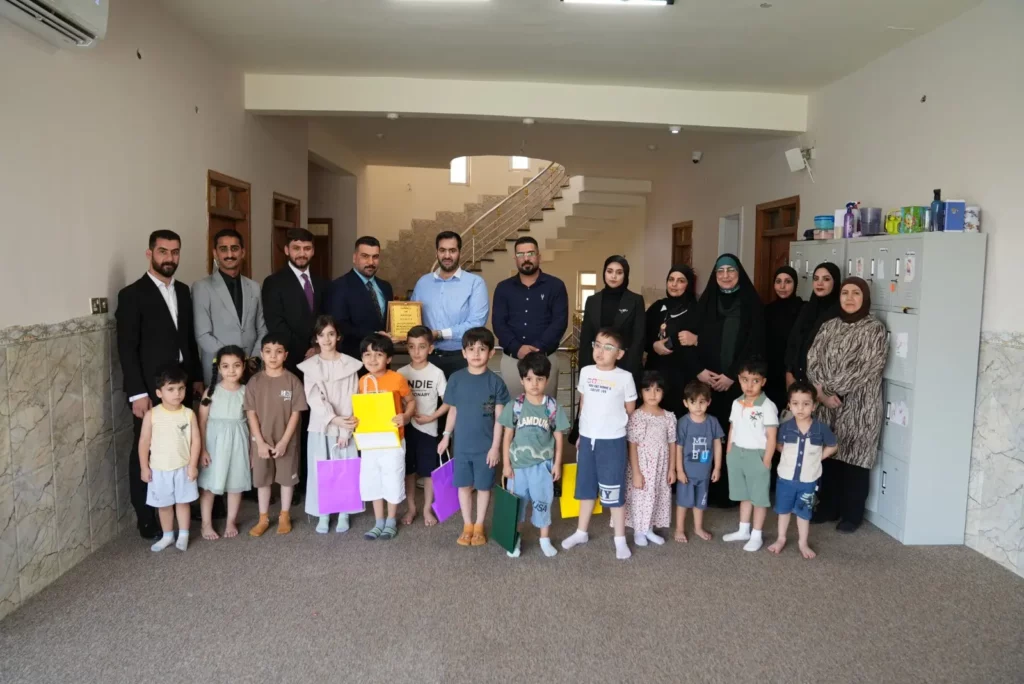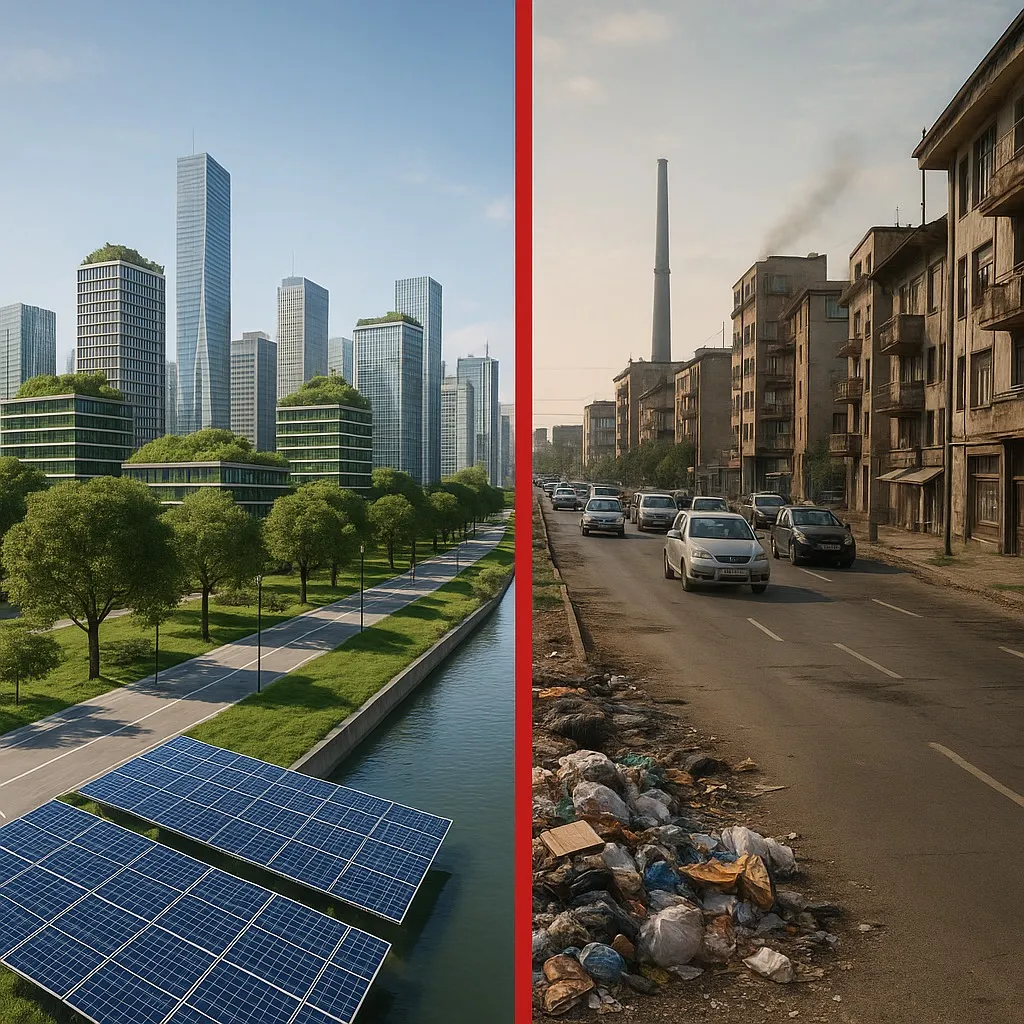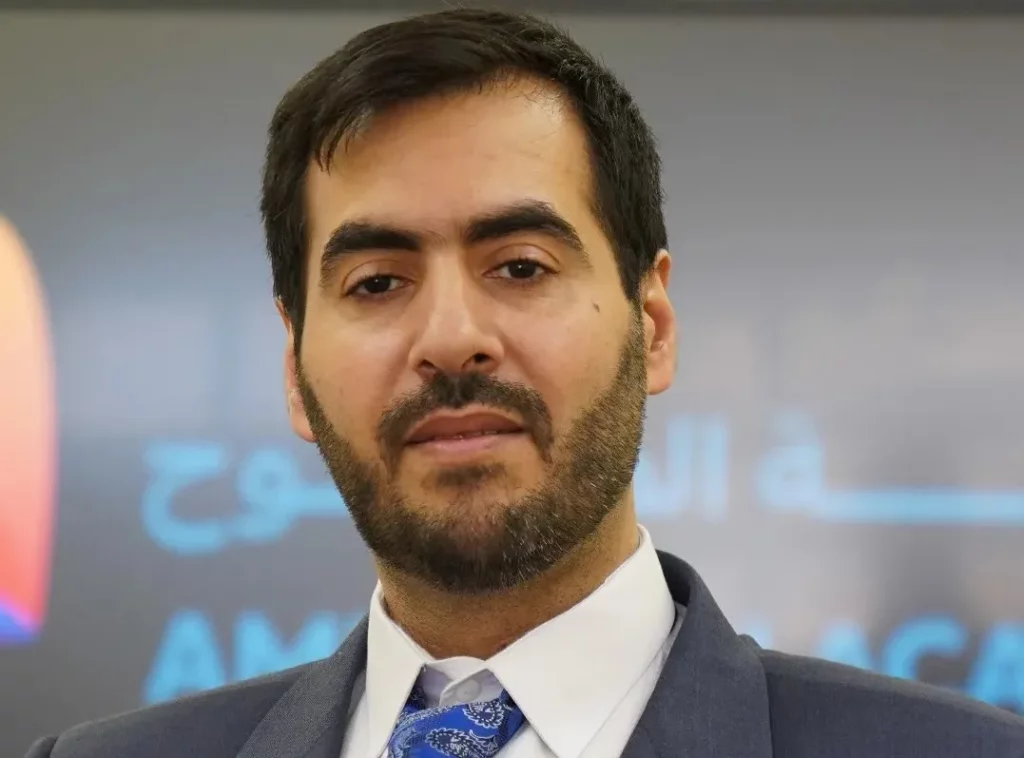Iraq’s Minister of Electricity, Ziyad Ali Fadhil, affirmed that the ministry’s strategic plan aims to generate 12,000 megawatts of solar energy by 2030.
According to a statement from the Minister’s media office, reported by Al-Mirbad, Minister Ziyad Ali Fadhil received in his office the British Ambassador to Iraq, Irfan Siddiq, accompanied by a high-level delegation that included Lara Hampshire, Director of Trade Affairs in Iraq, and Yasmin Khan, Director of Operations and Trade Advisor for Energy Affairs.
The meeting focused on discussing the details of the Memorandum of Understanding signed last month with the American-British consortium UGT Renewable, to implement an integrated solar energy project with a capacity of 3,000 megawatts. The memorandum also includes the establishment of battery energy storage systems with a capacity of up to 500 megawatts, and the construction of 1,000 kilometers of high-voltage direct current (HVDC) transmission lines, aimed at enhancing the efficiency and stability of the national power grid.
During the meeting, the Minister emphasized the importance of the project in supporting Iraq’s electricity infrastructure, and praised the fruitful cooperation with the British side and reputable international companies.
He also pointed to the obligations of the implementing company, which include a two-year training program and the provision of maintenance services based on the latest global standards (D-EPC), ensuring the project’s sustainability and operational efficiency.
Minister Fadhil reiterated Iraq’s commitment to the Paris Agreement on climate change, and the government’s serious efforts to reduce carbon emissions from the energy sector. He explained that, in addition to the 12,000 MW solar target by 2030, the ministry is also pursuing a range of renewable energy projects to support sustainable development and environmental protection.
Members of the British delegation expressed their eagerness to strengthen partnerships with Iraq in the energy sector, affirming their commitment to sharing expertise, transferring modern technologies, and contributing to the sustainable development of Iraq’s electricity sector.


